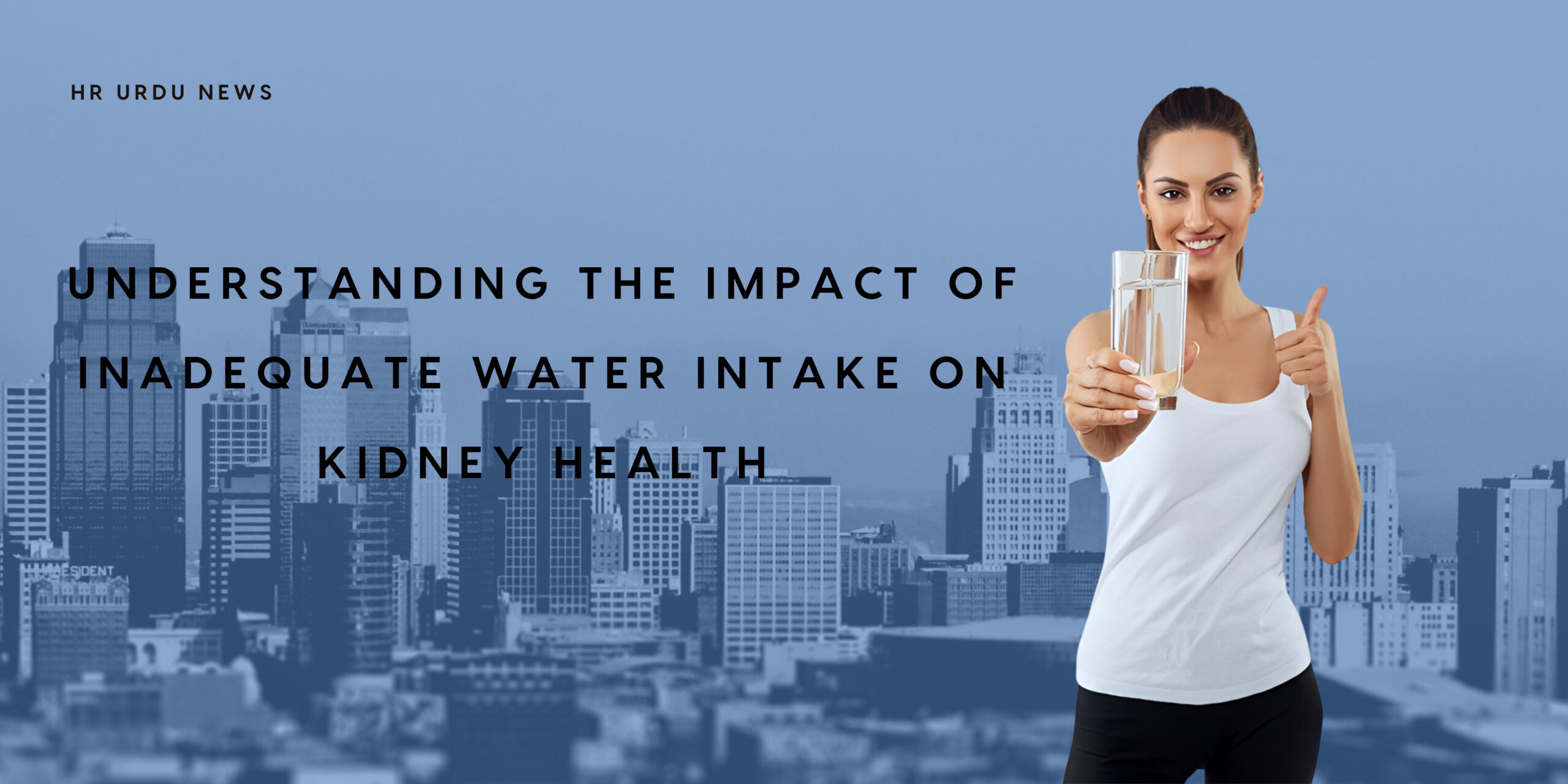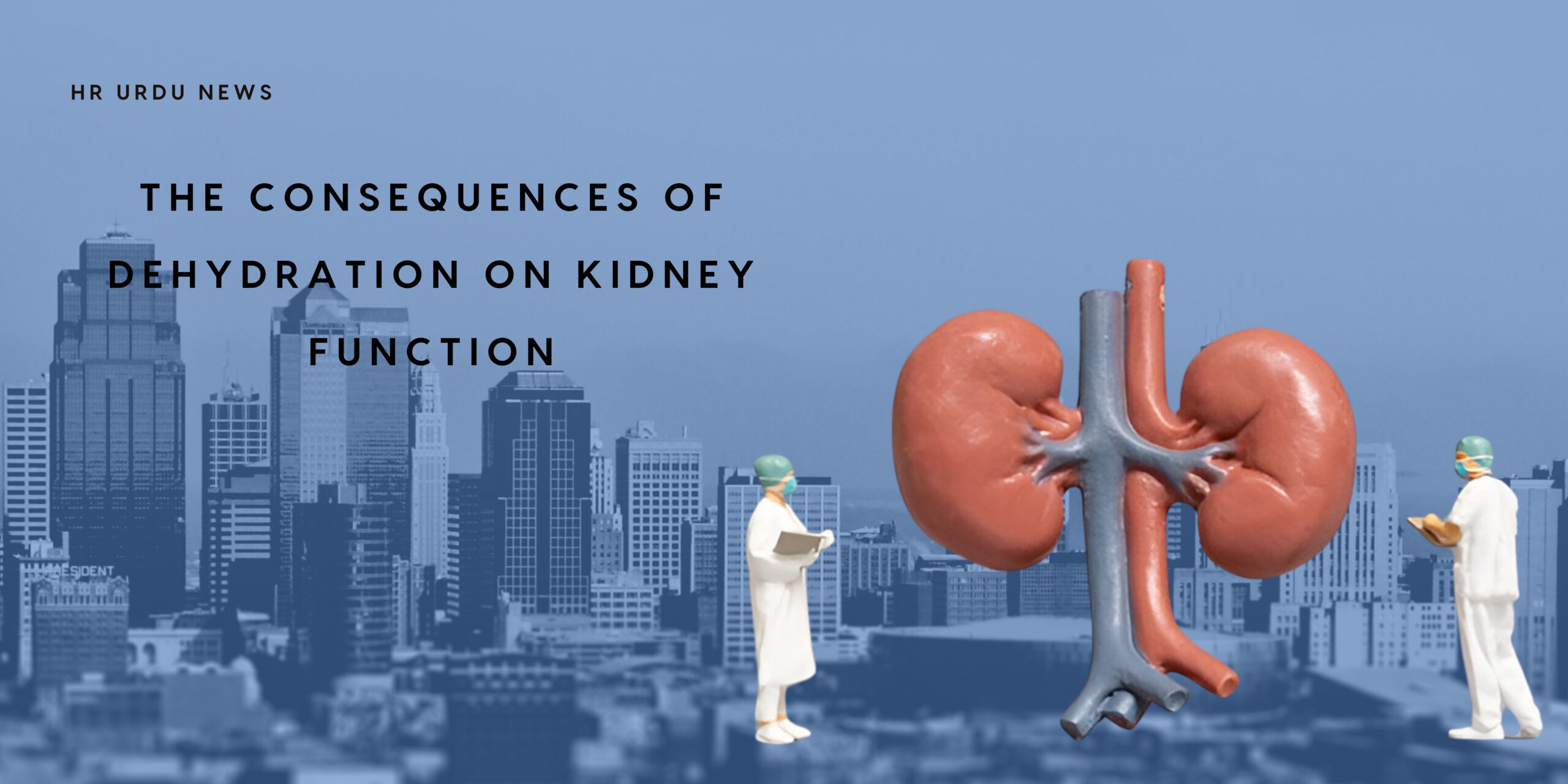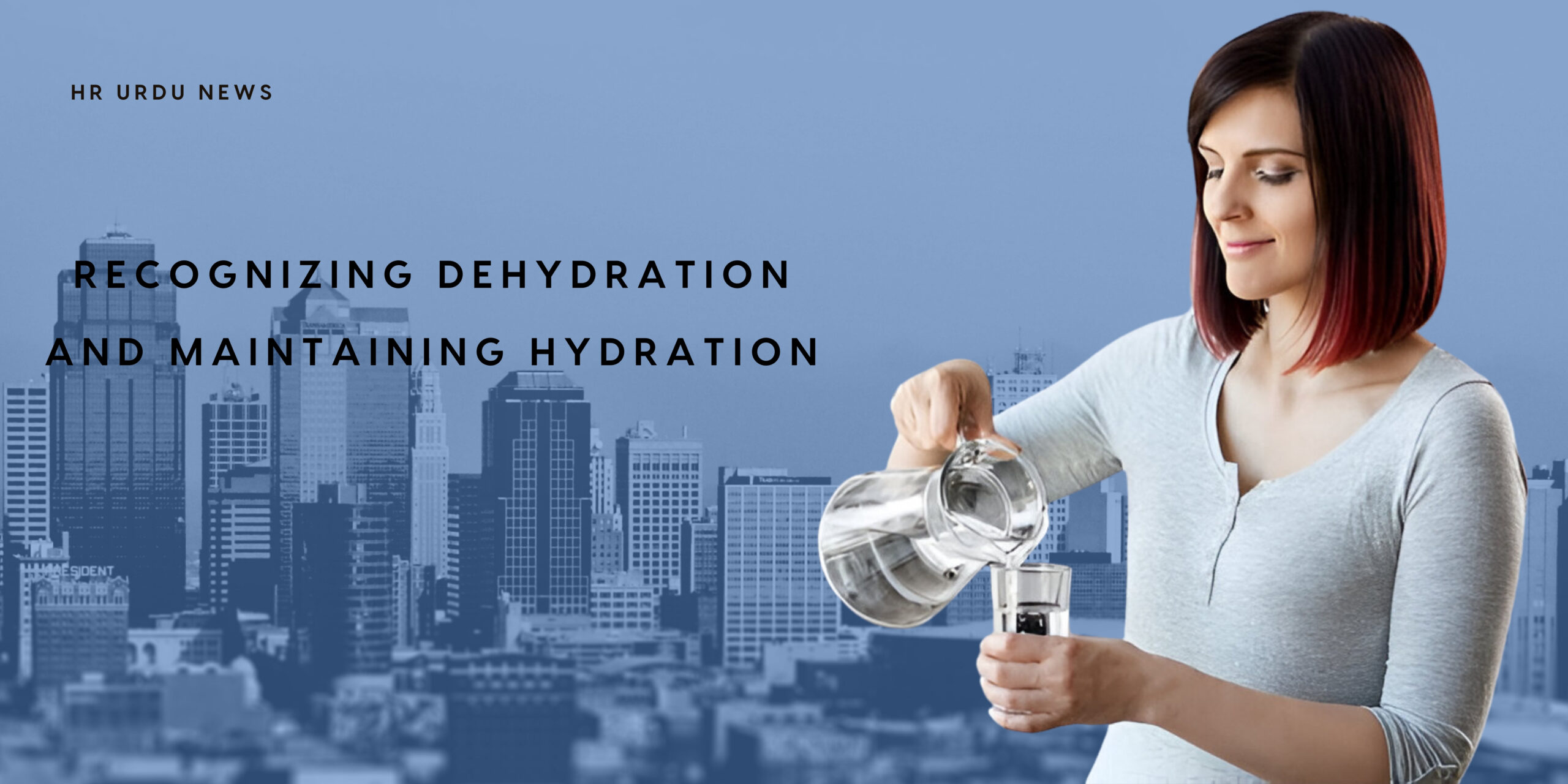Even when faced with starvation, the human body can endure without food for several weeks, as noted by Better Health Channel. However, this resilience does not extend to water deprivation. Unlike food, the body cannot sustain itself for more than a few days without water. Water plays crucial roles, such as moisturizing the skin and mucous membranes, cushioning joints, aiding digestion, and facilitating the body’s cooling mechanism through sweating. Essential bodily functions, including the elimination of excess electrolytes, urea, and metabolic waste, rely on the presence of water, particularly for the kidneys.

While the body has the ability to retain water, consistent replenishment is necessary daily. Dehydration risk is heightened in hot and dry conditions, where water loss occurs not only through sweating in summer but also due to the dehydrating effects of indoor dry heat during winter (as explained by Kidney Research UK).
Water loss is an ongoing process through activities such as breathing, bowel movements, and urine. Inadequate water intake can lead to concentrated urine with higher mineral and waste content, eventually resulting in the formation of kidney stones (according to Panoramic Health).

The Consequences of Dehydration on Kidney Function

The kidneys, responsible for filtering waste and excess minerals from the blood and maintaining electrolyte levels, fluid balance, blood pressure, and red blood cell production, heavily depend on water. Despite the human body being approximately 60% water, the kidneys are composed of nearly 80% water.
The formation of kidney stones poses a threat to the urinary system, causing pain or infection if unable to pass through. Additionally, insufficient water intake can lead to the accumulation of muscle proteins in the kidneys. Adequate hydration supports the flushing out of excess sodium and waste, ensuring the kidneys remain healthy.
Recognizing Dehydration and Maintaining Hydration

Symptoms such as muscle cramps, headaches, and fatigue can signal dehydration. Dark-colored and strongly odorous urine is another indicator of insufficient fluid intake (according to Panoramic Health).
Maintaining proper hydration involves consuming an estimated eight cups of water daily, though individual needs may vary based on diet and lifestyle. Men may require up to 16 cups, while women may need up to 12 cups daily. Those engaging in physical activity should drink fluids before, during, and after exercise. Monitoring urine color—aiming for a pale yellow—and heeding thirst cues are reliable indicators of sufficient hydration (as per Mayo Clinic).
For those averse to plain water, incorporating water-rich foods like strawberries, melons, cucumbers, iceberg lettuce, and celery into the diet can contribute to overall hydration. Substituting pasta with zucchini noodles, starting the day with water alongside oatmeal, and enjoying hot soup in cold weather are effective ways to boost fluid levels. Milk, comprising 87% water, is another hydrating option (per MedExpress).
Disclaimer:
The information provided in this post is intended for general informational purposes only and should not be considered as professional or medical advice. The content is based on publicly available sources and is subject to change without notice. It is crucial to consult with a qualified healthcare professional or relevant experts for personalized advice and guidance tailored to your specific circumstances.
The author and the platform do not assume any responsibility or liability for any consequences resulting from the use of the information provided in this post. Readers are encouraged to independently verify and confirm the accuracy, reliability, and suitability of the information before making any decisions or taking any actions.
Additionally, individual health conditions may vary, and what works for one person may not be suitable for another. Any reliance on the information in this post is at the reader’s own risk. In case of health-related concerns or uncertainties, it is recommended to seek the advice of a qualified healthcare professional.
The inclusion of external links or references does not imply endorsement or validation by the author or the platform. The author and the platform disclaim any responsibility for the content of linked sites or resources.
By reading and engaging with this post, you acknowledge and agree to the terms of this disclaimer.

